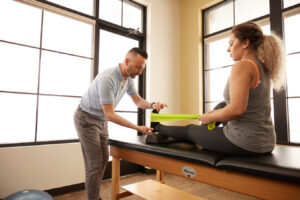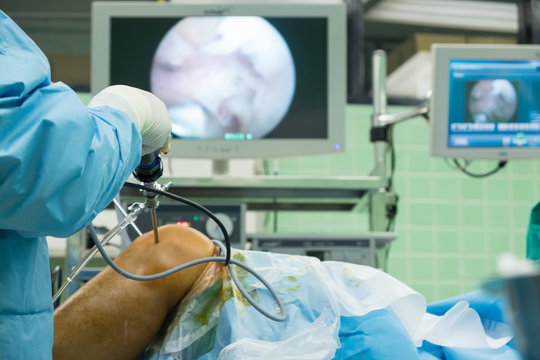ACL reconstruction surgery is a critical procedure for individuals with a torn anterior cruciate ligament (ACL) in the knee. This ligament plays a crucial role in knee stability, especially during activities involving sudden movements or changes in direction. Understanding the success rates of ACL reconstruction is vital for patients considering this surgery to regain mobility and resume their active lifestyles.
Understanding ACL Reconstruction Surgery
The ACL is one of the major ligaments in the knee that helps maintain stability by connecting the femur to the tibia. When torn, typically due to sports injuries or accidents, it can lead to instability and discomfort. ACL reconstruction involves repairing or replacing the torn ligament with tissue grafts, usually from the patient’s own body (autograft) or a donor (allograft).
Factors Influencing ACL Reconstruction Success
Recent advancements in surgical techniques and rehabilitation protocols have significantly improved the outcomes of ACL reconstruction surgeries. The success of the procedure is influenced by the type of graft used, the skill of the surgeon, and how well the patient adheres to post-operative rehabilitation plans.
Interpreting Success Rates
Success rates in ACL reconstruction surgery can vary widely depending on several factors. Success is generally defined as the restoration of knee stability, reduced pain, and the ability to return to previous levels of activity. Reported success rates typically range from 80% to 95%, reflecting different study methodologies and patient populations.
Key Studies and Statistics
Recent studies have highlighted varying success rates based on factors such as patient age, activity level, and the presence of additional knee injuries. Studies comparing autografts versus allografts have shown comparable outcomes, with slight variations in recovery times and complication rates.
Factors Affecting Success
Individual factors such as pre-existing knee conditions, overall health, and commitment to rehabilitation play critical roles in determining the success of ACL reconstruction. Surgeon experience and expertise in performing the procedure are also crucial factors influencing outcomes.
Patient Perspectives and Recovery Stories
Personal accounts of ACL reconstruction recovery often highlight the challenges and triumphs experienced during rehabilitation. Many patients report a gradual return to activities they love, emphasizing the importance of patience and persistence throughout the recovery process.
Choosing the Right Surgeon and Clinic
Selecting a skilled orthopedic surgeon and reputable clinic is paramount for achieving successful ACL reconstruction outcomes. Factors to consider include the surgeon’s specialization in knee surgery, their track record with ACL reconstructions, and patient reviews or referrals.
Takeaway
Understanding the success rates and factors influencing ACL reconstruction can empower patients to make informed decisions about their treatment options. Consultation with an orthopedic specialist can provide personalized insights into the most suitable approach for each individual’s knee injury and lifestyle.










